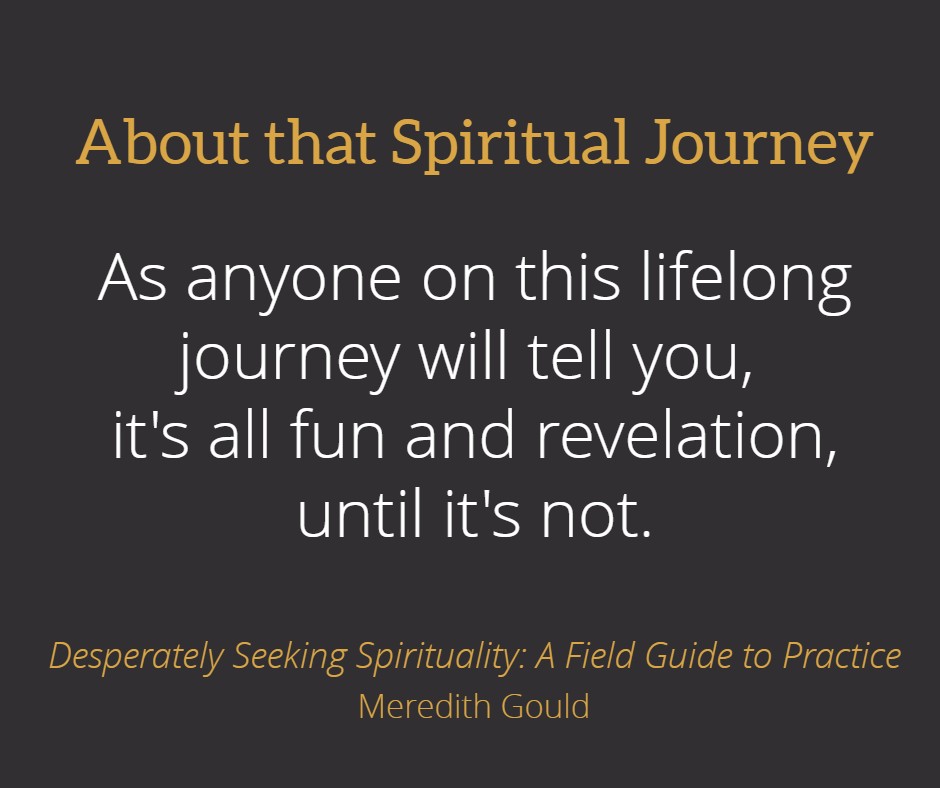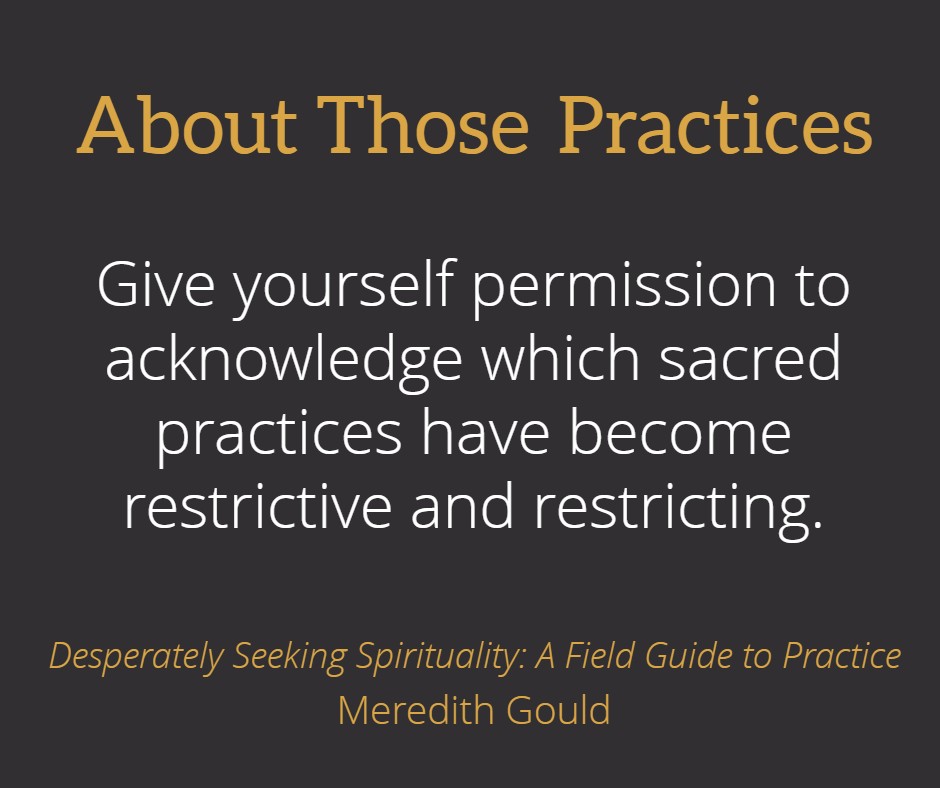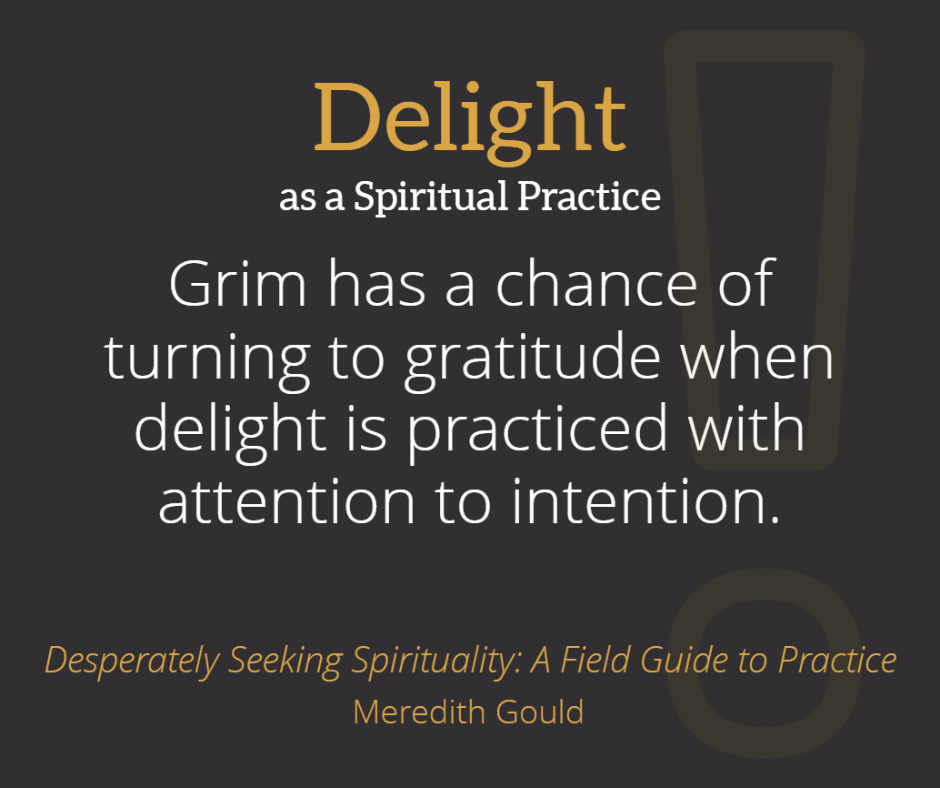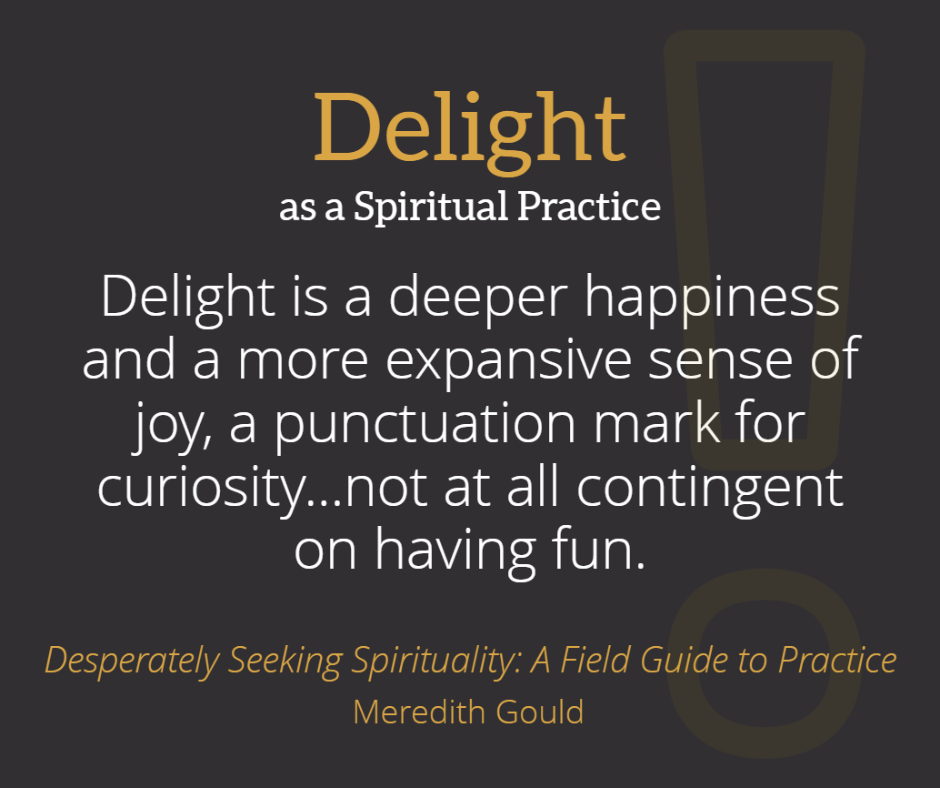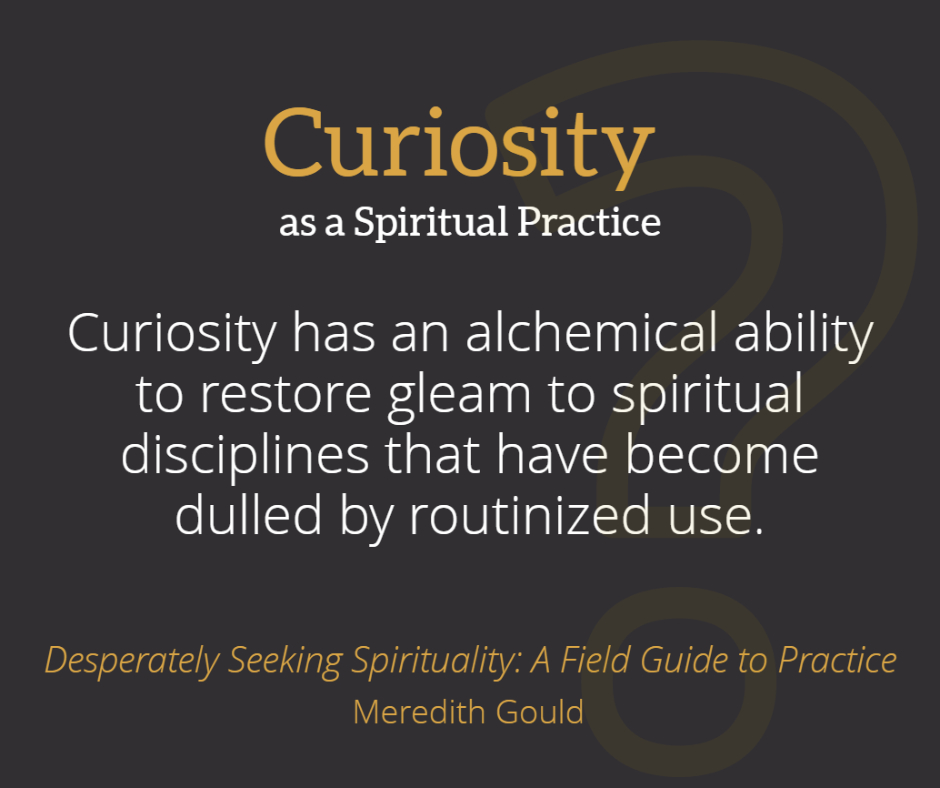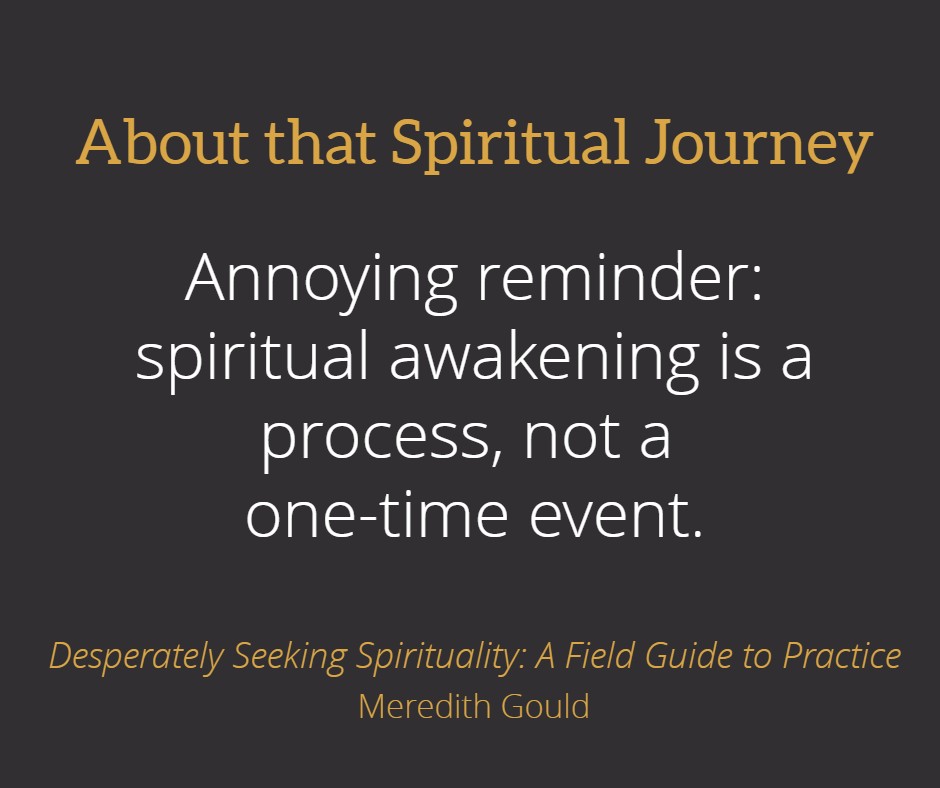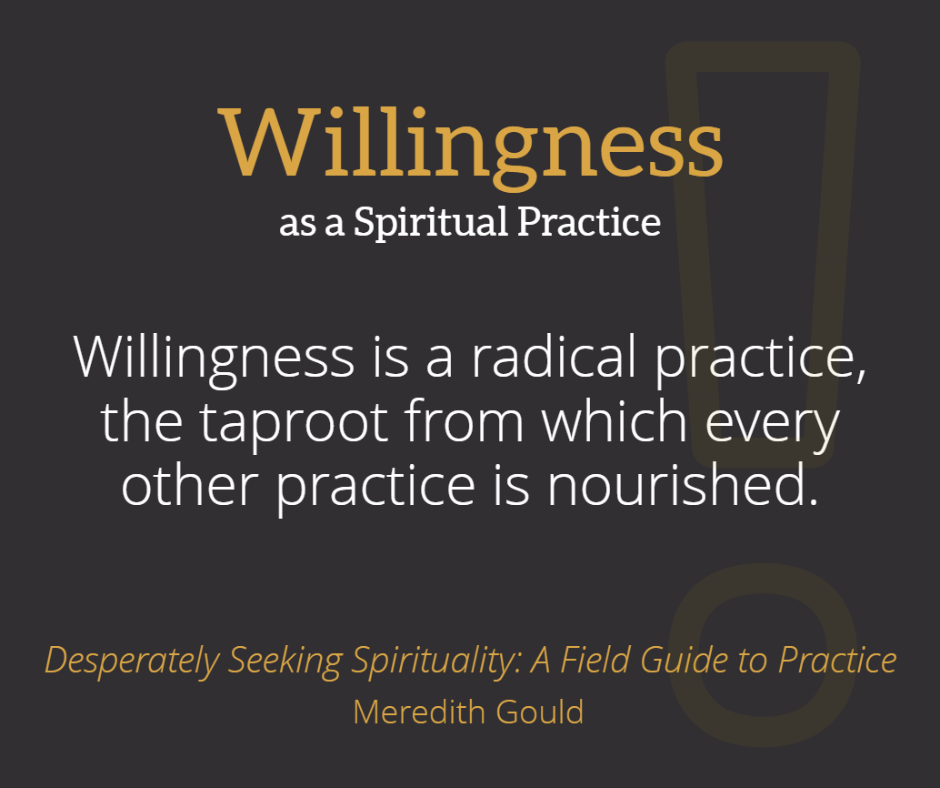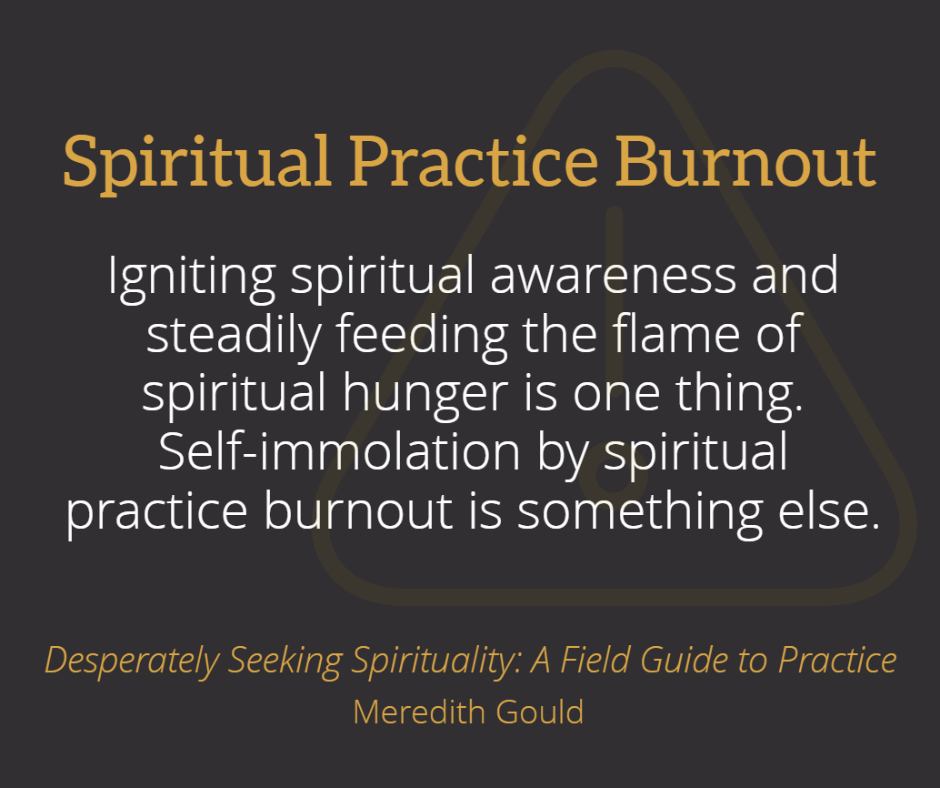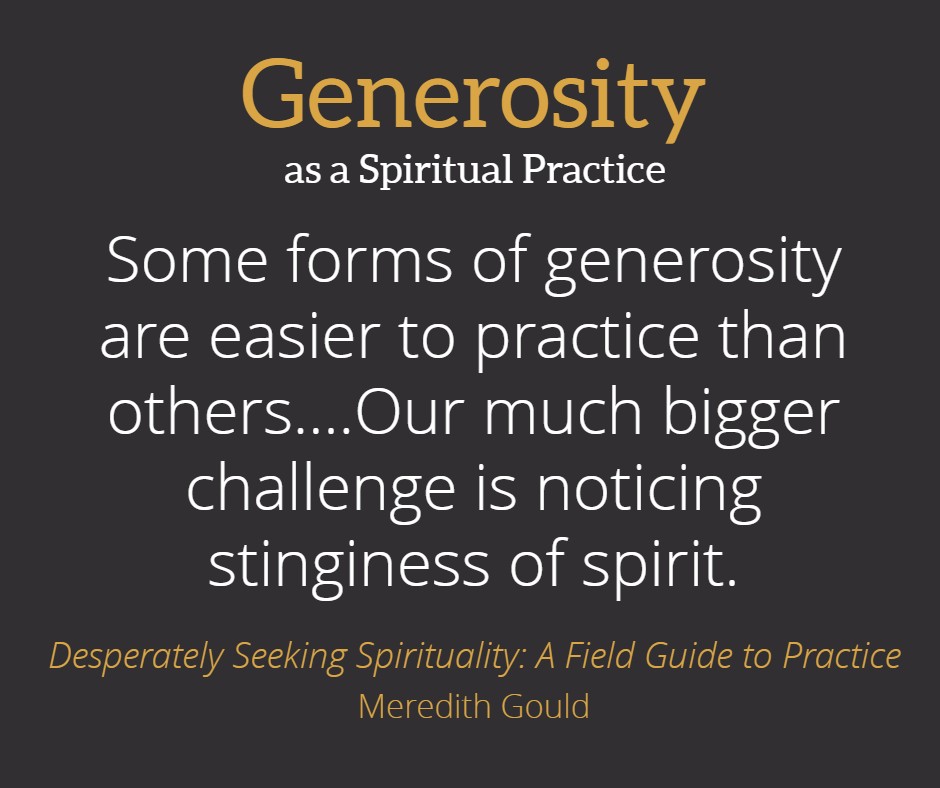Marcus Wing, DO, is a resident at the Mount Carmel Family Medicine Residency Program in Columbus. As reported by the Ohio Academy of Family Physicians, Dr. Wing has been selected for a scholarship to the 2016 Family Medicine Congressional Conference (FMCC) on April 18-19 in Washington, DC. Dr. Wing was selected by the Association of Family Medicine Residency Directors. As previously posted. Anna Askari is a medical student from Ohio who has been selected for a scholarship for the same conference.
I was curious about and I wanted to gain insight on Family Medicine's future leaders. I was honored that Marcus accepted my invitation for the following interview below. My questions are in bold print. I've talked about the Family Medicine Revolution before. This Family Medicine Resident articulately paints the picture of Family Medicine advocacy. Here is Marcus Wing, in his own words...
1) Why is Family Medicine your specialty, and why should every Medical Student consider Family Medicine? Family Medicine is a unique field because of the freedom of how it is applied is so versatile. The ability to use my medical knowledge across multiple aspects of the community was realized while completing my clerkship with Dr. Campolo, my mentor. During a breakfast conversation, he explained that he serves the community in varying aspects, which include: private practice physician, county coroner, medical director of multiple nursing homes, team physician of a local high school as well as providing medical care every Wednesday to inmates in a local jail. It was this conversation in which he discussed how many of these opportunities await Family Physicians but not realized by a majority of medical students. It was at this moment that I realized Primary Care offered me an opportunity to broadened my medical experience but, more importantly, give back to my community.
When using an absolute like "every," it is not taking into account the skills and talent of individuals. Medicine is a complex field with various areas which require dedication. Medical students are required to understand all aspects of medicine by doing clerkships in the multitude of fields including general surgery, obstetrics and gynecology, internal medicine, and countless other areas. Students may show talents in a specific area like neurosurgery, cancer research, or genetics which exemplify their skills. The medical field needs each student to dedicate him/herself to the areas that will best benefit his/her patients. Having stated that, I believe students should consider family medicine as it fits both a need in the country with the looming physician shortage and the freedom to practice medicine in a variety of ways such as hospital internists, urgent care providers, private practice physicians or pursue research and academic avenues or complete fellowships in sports medicine or geriatrics. The possibilities are endless, as well as the unlimited locations because of a physician shortage in which by 2025 the United States is estimated to be behind between 45,000 and 90,000 primary care physicians. Family physicians are a link to providing and maintaining a healthier population because of their versatility.
2) Your residency program is Mount Carmel St. Ann's Family Medicine Residency Program. Share with my audience one of the outreach activities that your residency program has and how does this share the Family Medicine story with your community? Mount Carmel is a leader in the community outreach around the Columbus area, and a major attraction for medical students who wish to give back to the community during their residency and beyond. Mount Carmel has a medical outreach bus that provides basic medical care to the underserved and homeless population. Services include: vaccinations, checkups, urgent healthcare needs, mental health counseling, Dr. John O'Handley, a medical director who is actively involved in the family medicine residency, is the leader of this outreach program. His passion for community service is contagious. He was quoted as saying, "Taking Mount Carmel's healthcare to the streets is just an extension of what Mount Carmel does daily at all of its hospitals - providing excellent and compassionate care." Giving back to the community and helping individuals in need of basic medical care gives physician satisfaction because the direct interaction of people in need allows us to further empathize with their situations. This empowers physicians to attempt to make a difference on a policy level and to better deliver healthcare to the nation. Helping the community is rewarding, and its impact is clearly demonstrated in this video.
3) Congratulations on receiving one of the scholarships to attend FMCC! For those Family Physicians who are not familiar with the conference, how would you describe the meeting, and why did you apply for a scholarship to the meeting? The Family Medicine Congressional Conference, an annual meeting held in Washington DC, allows medical professionals to discuss political issues affecting family medicine at a federal level and informs them about current legislative priorities. The scholarship offered by the Association of the Family Medicine Residency Directors (AFMRD) selects ten residents throughout the country to participate in this conference. This conference offers opportunities to train on lobbying/advocacy and to meet with Congress House Representatives and Senators to discuss the issues challenging Family Medicine. This is an exciting opportunity, and I am honored to be selected as one of the residents to go to Washington and represent Mount Carmel Hospital, the State of Ohio, and Family Medicine.
I was aware of this conference but never knew of this scholarship offered by the AFMRD until it was forwarded to my inbox by Dr. Chad Braun, my program director. His belief in my abilities and my interest in primary care policy gave me the confidence to apply despite numerical odds given the number of yearly applicants. I am developing a passion for healthcare policy and want to be involved. This conference allows me to actually immerse myself in a level of activism that I might have never been exposed to. Winning this scholarship is a reminder that there are program directors and healthcare personnel who can teach, support, and provide the guidance for medical students and residents to expand and understand the area of Family Physicians. I have been given this chance to enhance my knowledge and skills to promote and to provide better care for my future patients and community as a Family Physician.
4) As a Family Medicine Resident, what are the 1-2 issues that concern residents whether it be from a personal standpoint, a legislative standpoint, or health policy standpoint? What skills do you hope to learn when you attend FMCC to address these Family Medicine resident concerns? "If you're not at the table, you're on the menu," is a cliche that is relevant to the ever changing facets of medicine and its implementation. As Family Physicians who are practicing medicine daily and have a first hand knowledge of how policies affect not only their practices but also how laws passed by Congress directly affects their patients, it is imperative that they remain current on legislative and healthcare policies.
A recent issue that has surfaced in the Ohio Academy of Family Physicians (OAFP) Advocacy Commission is telemedicine. Telemedicine is the use of technology to examine patients, make diagnoses, and prescribe medications given the "exam findings." However, the fallback is the physician is not in the room completing the clinical exam which is a drawback. This video demonstrates how telemedicine is being provided in a primary care setting; however, a member of the OAFP Advocacy Commission dealt with the consequences of misdiagnoses from this application. A patient was diagnosed with sinusitis with telemedicine and given a medication; however, the problem did not remit, and the patient decided to see her family physician. The family physician noted obvious tonsillar findings, cervical lymph node swelling, and various abnormalities that made the diagnosis of strep pharyngitis. Left untreated, this disease can progress to far dire pathology that significantly damages the kidneys and heart. As technology advances, Family Physician practices will evolve also. Consequently, Family Physicians need to be medically and politically knowledgeable to be a voice in this safe transition.
5) Finally, why do you think Family Medicine is the group to lead the change locally, at the state level, and nationally? As mentioned previously, the flexibility offered in this specialty allows Family Physicians to focus on their time and efforts towards improving policy that affects physicians and patients alike. The bond formed with patients and the experiences of seeing them at their most vulnerable is motivating to try to help change medical policy to improve their lives. A major burden felt across the board by patients are the excessive costs of prescription drugs, and now even the generic forms of these medications are rising in price. This costly burden causes them to make sacrifices in their lives and further adds to financial stress already felt by the majority of Americans. We are tackling issues such as this and using the flexibility of the field to channel our time and efforts in meeting with other physicians at local advocacy meetings, our state lobbyists, and congress members to let our voices be heard.
We are also active on the national stage with the yearly Family Medicine Congressional Conference that had lead to multiple healthcare policy changes that positively impact physicians and patients. The Medicare Access and Chip Reauthorization Act (MACRA) was recently signed into law and ensures adequate physician compensation for the ever expanding group of Medicare beneficiaries. Medicare beneficiaries can compromise as much as six out of ten patients in a primary care office, and this has lead to practices limiting the Medicare patients they took care of because the compensation was so poor that it could not sustain the private practice. Now this has passed, it ensures that physicians can now focus on caring for their patients and be assured their care will not be interrupted or compromised.


